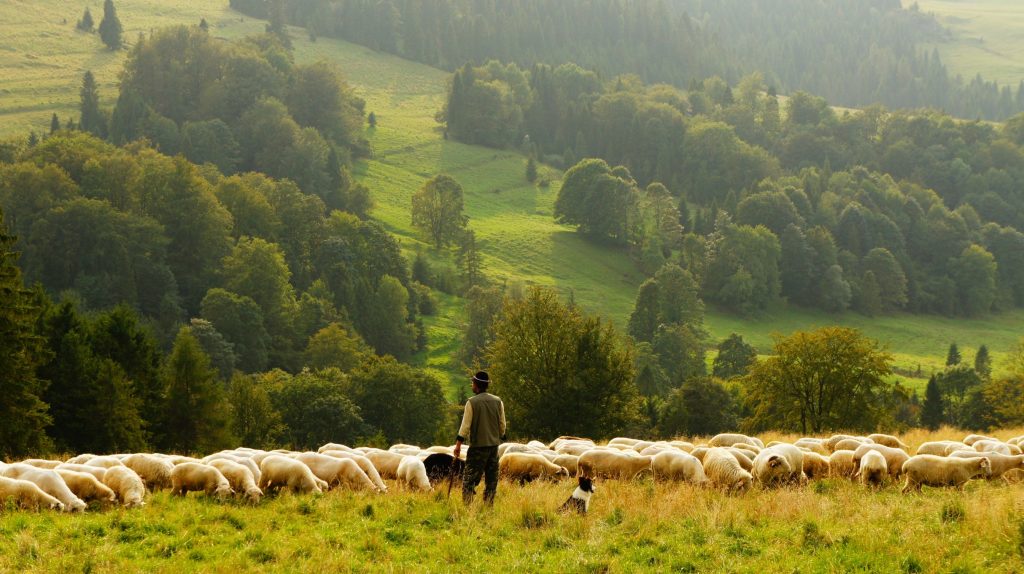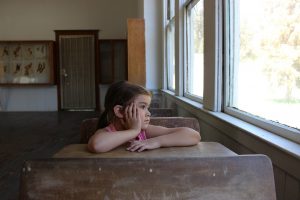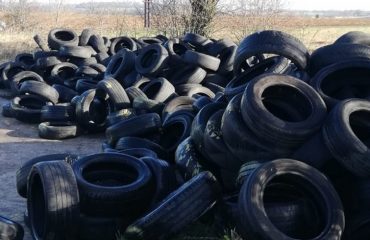Yorkshire is home to dozens of rural schools, providing education to children living in less-populated areas. However, many rural schools struggle to remain open due to a tight squeeze on their budgets. Small, country schools are under pressure and often forced to close down, leaving teachers jobless and compelling students to find new schools. This problem was at the forefront of discussion at the recent National Education Union (NUT section) conference that was held in Brighton, with the teacher union affirming that small schools in the countryside should have protected status.

Several rural schools have closed in the past year with Harrogate’s Burnt Yates School set to be the next. The school is located in rural North Yorkshire and has just 12 pupils in attendance. Parents of the children who attend the school expressed their sorrow, testifying that the school’s closure will impact not only the children’s education but the entire community. Schools in the countryside have struggled for years and are in desperate need for more funding to protect their existence. Most of these schools have a very small number of pupils and an even smaller budget.
The National Education Union conference in Brighton aimed to raise awareness and help protect rural schools in Yorkshire pressuring the Government to give the schools a protected status. They argued that rural schools are vital to the “survival of their communities”, further emphasising the educational value they provide to students.
Representives voiced their concerns, claiming that the system is unfair on regions where there are more farm animals than people. It’s clear that schools in rural areas are experiencing a severe funding problem compared to schools in larger communities across not just Yorkshire, but the entire country.
 Roland Hurrel from Somerset told the conference that rural schools also suffered in recruitment and retention of staff. Despite the fact that rural schools have less students than most town and city schools, their faculty still need to carry out the same duties that a regular school would have to do.
Roland Hurrel from Somerset told the conference that rural schools also suffered in recruitment and retention of staff. Despite the fact that rural schools have less students than most town and city schools, their faculty still need to carry out the same duties that a regular school would have to do.
Anne Swift, a former head teacher in Scarborough said that expensive housing costs are one of the leading causes of depopulation of rural areas. She also reminded the conference that the Government defines small schools as having less than 200 pupils, which is the case for the majority of primary schools in rural areas across the country. In North Yorkshire, there are at least 50 schools with fewer than 50 pupils.
According to the Department for Education, funding to core schools is expected to increase more than £43 million in 2020. The department also claimed to recognise that remote schools face different funding pressures, which is why they gave them an additional £26 million. The department also stated that schools in North Yorkshire will witness a 3.6% increase in funding by 2019 – 2020, which equates to a total sum of £11.7m



